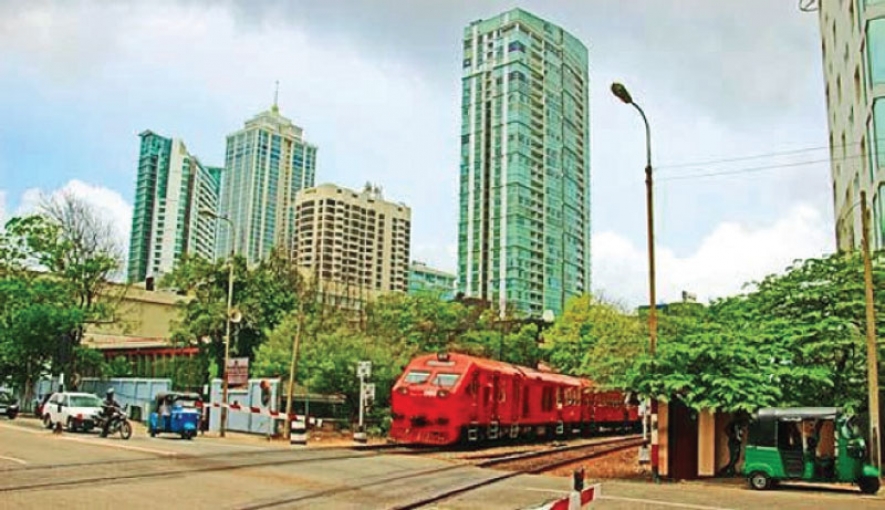Sri Lanka is ranked as 73rd out of 138 countries for infrastructure development making Sri Lanka an attractive destination for private investment.
The International Finance Corporation (IFC) which also highlighted this in their South Asian report says that Sri Lanka’s road transport infrastructure is concentrated in a dense network around Colombo. Of the 5 million vehicles on the road, only 11% are cars, with motorcycles making up the majority. Due to a 2010 policy to substantially reduce taxes on hybrid vehicles, Sri Lanka is a global leader in the use of hybrid electric vehicles, which comprised 56% of all cars in the country in 2014. The government is pushing to improve fuel efficiency even further, aiming to upgrade its emissions standards to Euro III for diesel vehicles and Euro IV for petrol vehicles by 2018.
The Sri Lankan government is prioritizing a modal shift towards mass public transport. Traffic congestion can result in annual economic losses of USD 2.5 billion—an amount greater than the annual investment in improving the country’s road infrastructure.
The Clean Air Action Plan includes a clear strategy to manage emissions from the transport sector to 2025 through urban mass public transport systems; a green freight transport system; and cleaner fuels, technologies, and practices.
Sri Lanka aims to reduce its greenhouse gas emissions by 20 percent in the energy sector and by 10% in the transport, waste, industry, and forestry sectors.
Sri Lanka’s Vision 2025, which outlines the government’s plans for the economy to achieve upper-middle-income status, signals its intention to empower the private sector and attract domestic and foreign investment by reforming investment incentives, improving policy predictability, encouraging PPPs, and integrating SMEs into the formal sector.
Taking projects in the pipeline into consideration, IFC estimates an investment opportunity of at least USD 326 million in Sri Lanka’s transport sector between 2018 and 2030.




















